By Agniva Roy, Asha Atlanta volunteer
Nishtha, a remarkable organization working tirelessly for the empowerment of women and children in hundreds of villages around Baruipur, West Bengal, continues to make strides in social change. During my visit in February 2024, I had the opportunity to witness firsthand the incredible impact of their programs. From education initiatives to livelihood training, Nishtha is not only transforming lives but also challenging deep-seated societal norms.
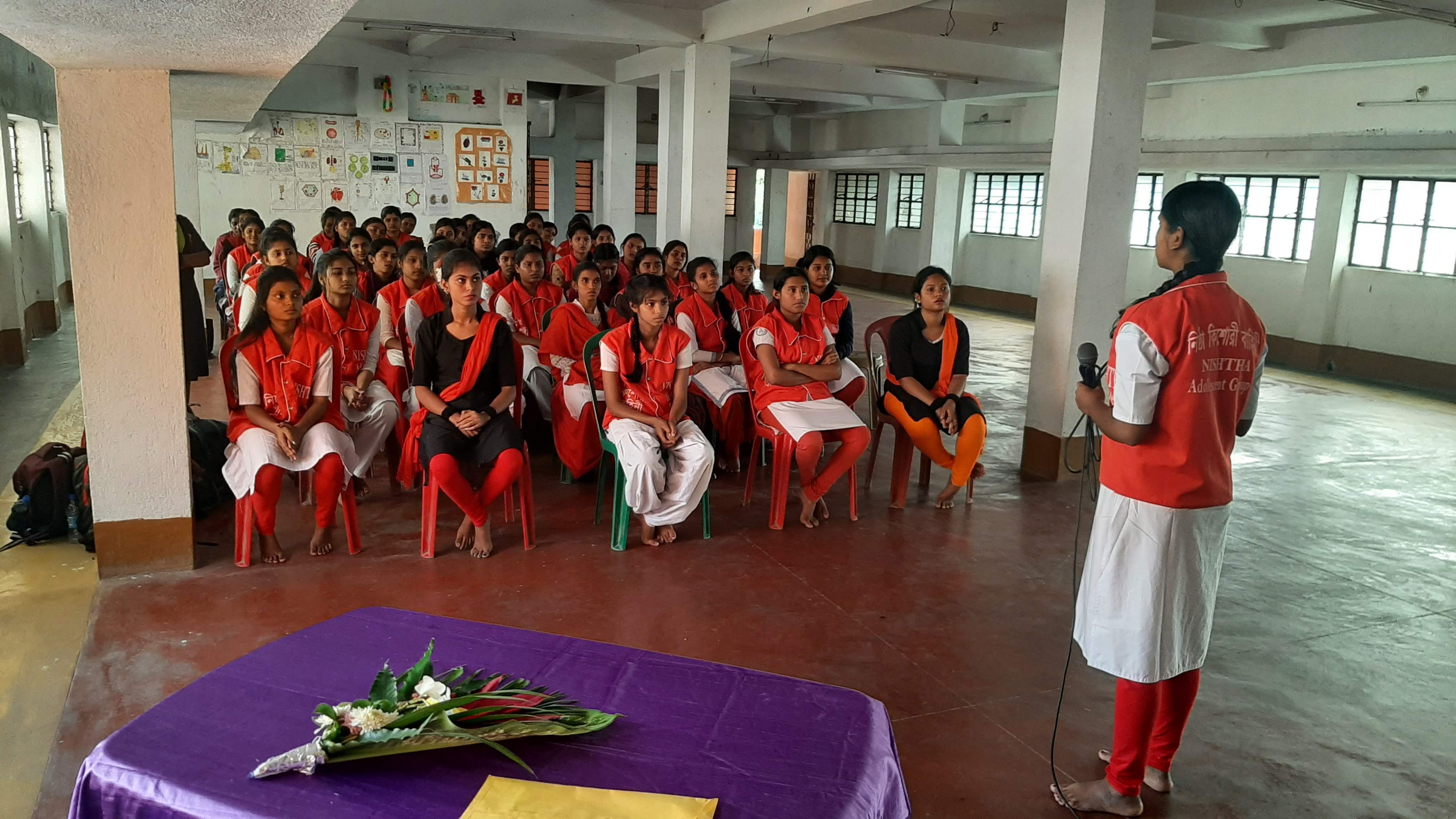
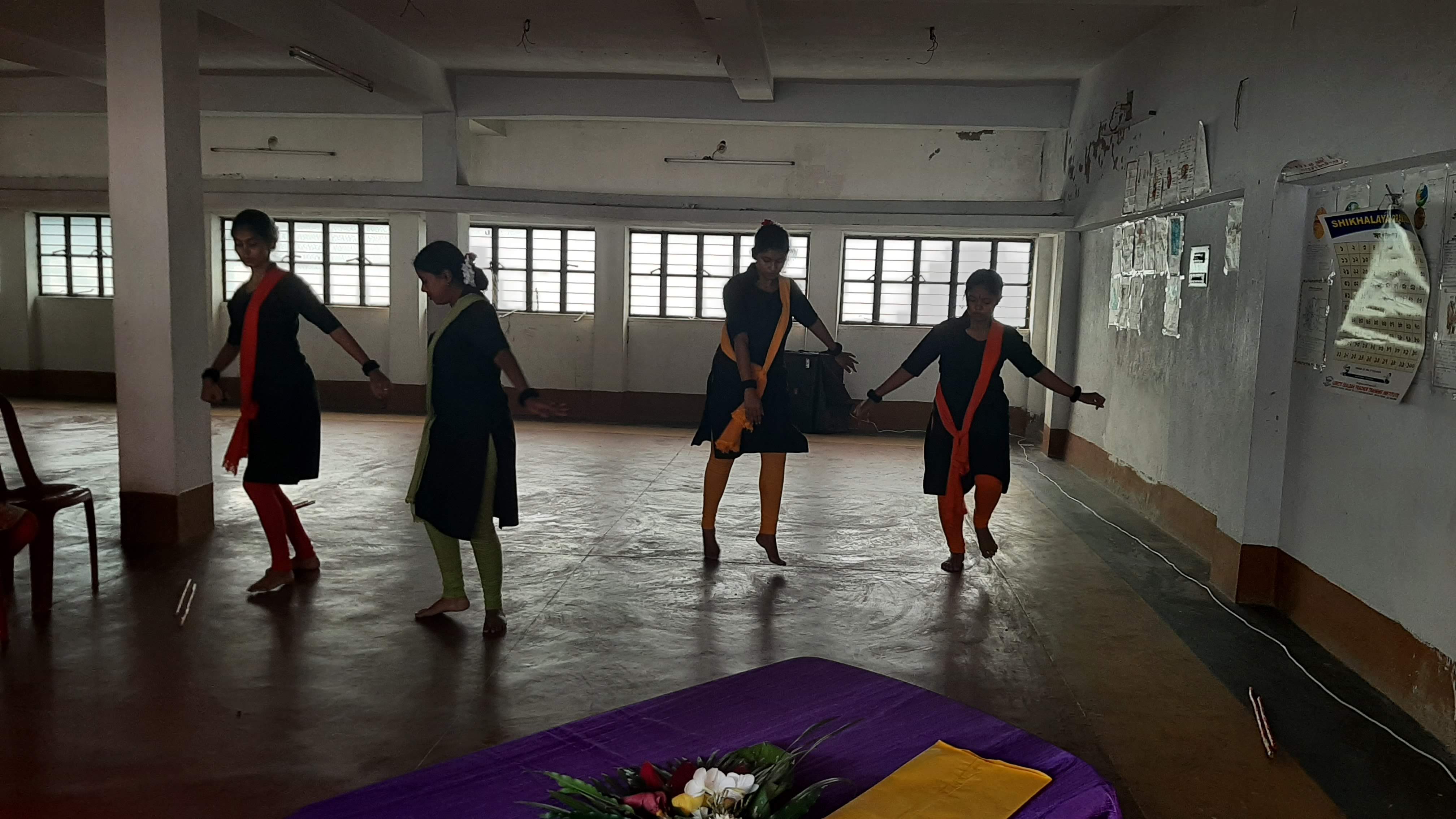
Jagaran Center Visit
My first stop was the Jagaran Center, a program dedicated to supporting young women with education, vocational training, and self-reliance. I had an insightful conversation with Minadi about the employment opportunities available to students. While companies like Bata and Big Bazaar have shown interest in recruiting girls as attendants, long working hours and unsafe late-night travel remain major obstacles. However, the nursing training programs have provided a stable alternative, with several Jagaran alumni finding employment in private nursing homes.
A pressing issue that came up during my visit was human trafficking. Nishtha has been actively working with coastal police to curb trafficking and has also engaged with the local Block Development Officer (BDO) to strengthen interventions. Encouragingly, some progress has been made in preventing these crimes.
During my time at the Tongtala center, I met several young women who shared their successes and challenges. One story that stood out was of a girl who bravely spoke up about being sexually assaulted by her brother-in-law and his accomplices. Nishtha is providing her with support for recovery while also pursuing legal action to ensure justice.
The young women also shared their efforts in advocating for gender equality within their families. The setbacks caused by COVID-19 and recent cyclones have led many families to revert to traditional practices, such as early marriage, rather than investing in their daughters’ education. However, the resilience of these girls in pushing back against these norms is truly inspiring.

Another remarkable initiative I visited was the sanitary napkin production center in Tongtala. This project has become a beacon of empowerment, providing women with stable livelihoods while increasing access to affordable hygiene products. By addressing both economic and health challenges, this initiative is fostering independence among local women.
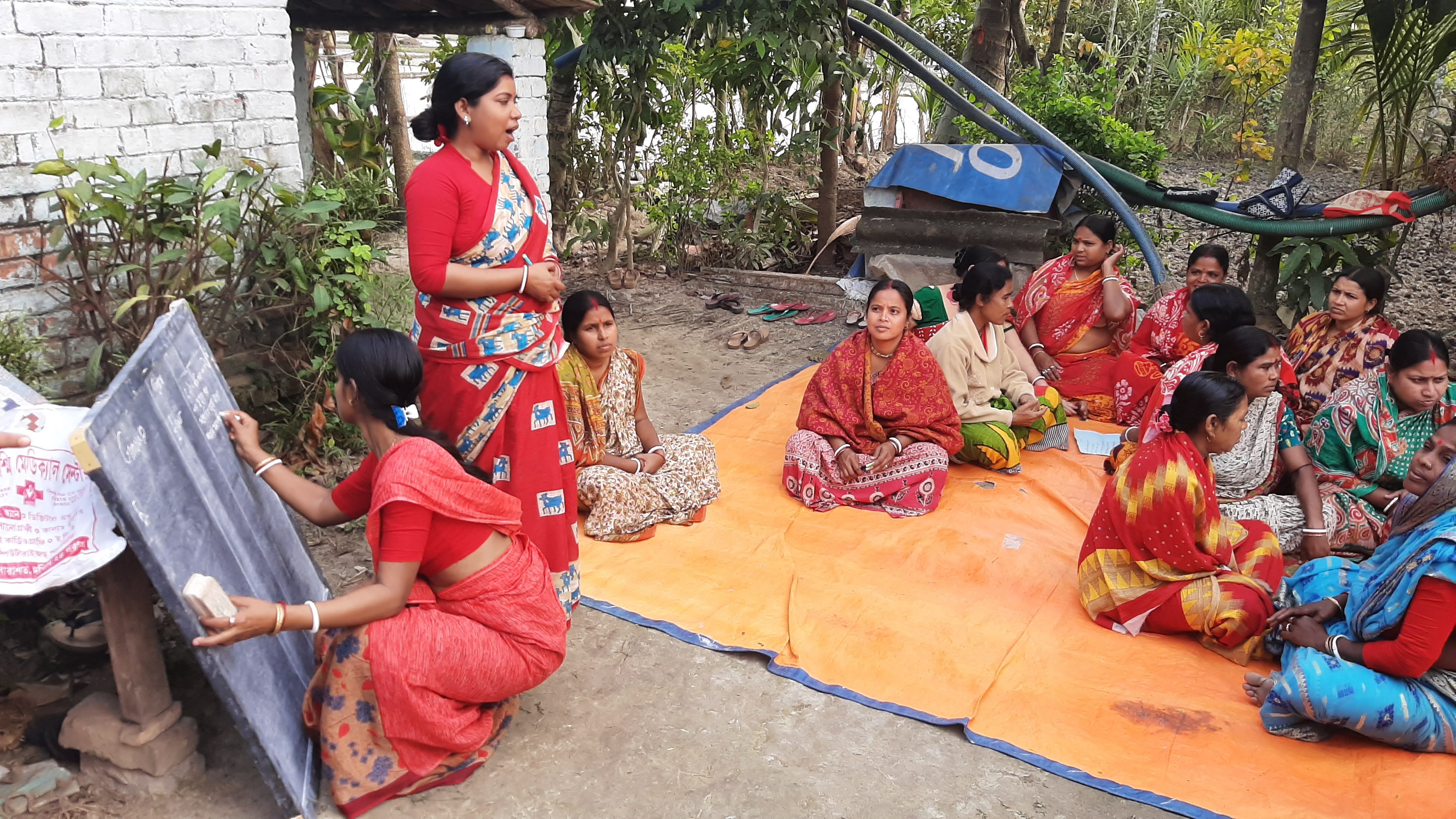
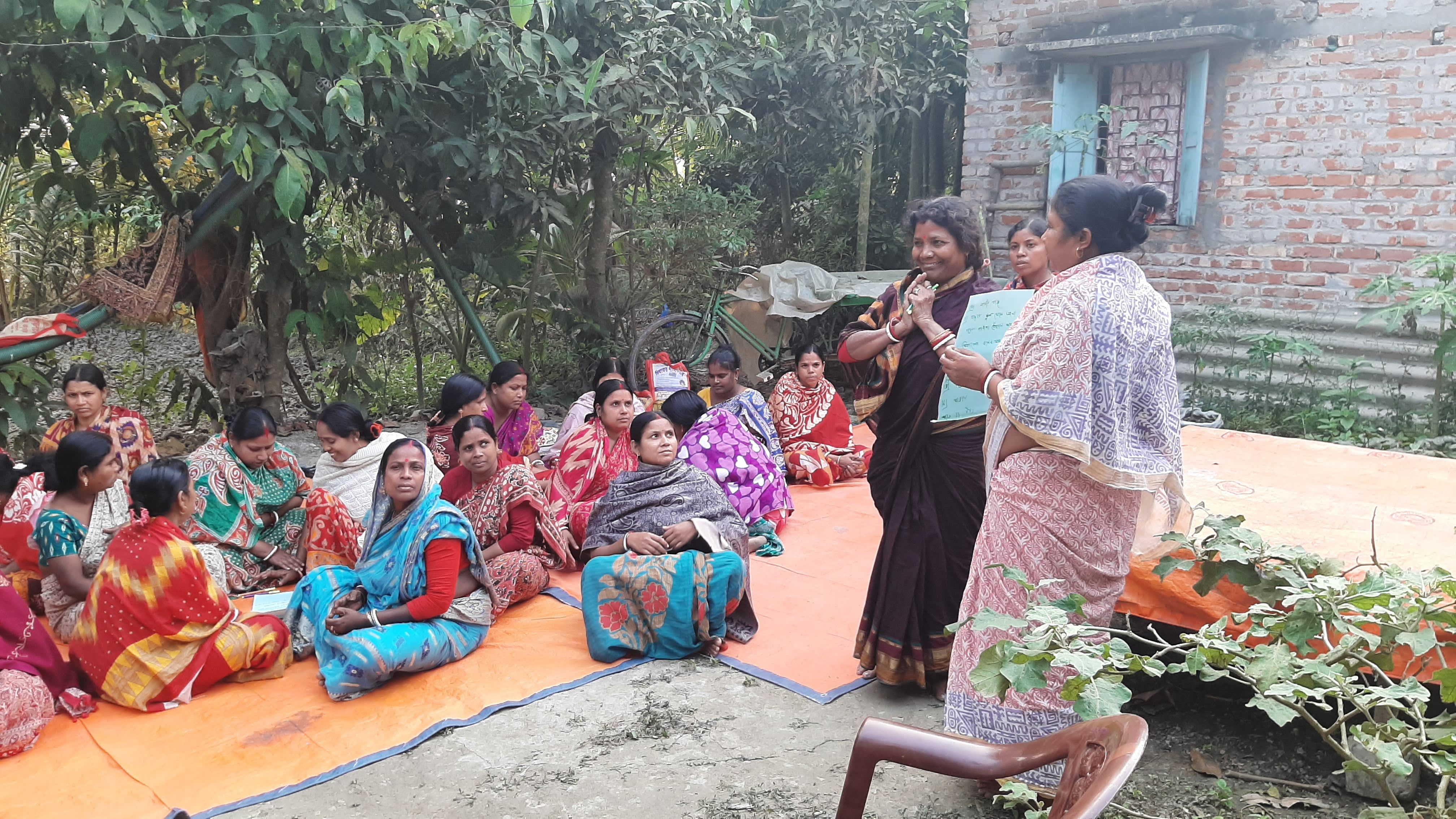
Later, I attended a Mahila Mandal (Women’s Group) meeting, where senior members of the Jagaran program led a discussion on financial equality and inheritance rights for women. Many of the women shared how, over the past few years, they have gained confidence in voicing their opinions within their households. They no longer hesitate to attend meetings or spend time with their peers, reflecting a shift in traditional power dynamics.
Night Shelter Visit
My visit to the Night Shelter was equally heartwarming. The Night Shelter was set up in 2006 under the joint initiative of AID, Asha for Education, and Nishtha, to provide a shelter to children of sex workers. The shelter ensures their safety & security, foster care, nutritional support, healthcare, clothing, non-formal/formal teaching, recreation (storytelling, arts and crafts, games, singing, dancing, etc.), and access to a proper education. Nishtha also works to ensure the retention of these children in school, and works on reducing the huge gap between these children and civilized society. Nishtha is attempting to sensitize the community and to mobilize the people at large to accept these children as members of society. They are helping to make these children an integral part of the school system and helping to create a safer more tolerant environment for them in society at large.
Upon arrival, I found students diligently working on their homework and painting. Some were initially shy, but many confidently shared their studies and aspirations. The children later performed songs and dances with their teachers, filling the space with joy and energy.
The shelter currently houses around 25 children and 5 infants, who are cared for under the crèche program. Some mothers were also present, expressing their deep hopes that their children would complete their education and pursue higher studies. Monami, a Nishtha officer, highlighted the need to place some older children in hostels to ensure they are removed from challenging environments and given the best opportunity to thrive.
Conclusion
My visit to Nishtha reaffirmed my belief in the power of grassroots activism and community-driven change. From education to economic empowerment, Nishtha is not just addressing immediate needs but also challenging systemic issues that hinder progress. The courage and determination of the women and children I met serve as a testament to the incredible work being done. As challenges persist, continued support and awareness are essential to sustaining these efforts. If you are looking for ways to contribute, consider supporting Nishtha in their mission to create a future where women and children can live with dignity, security, and hope.
For more information about Nishtha and how you can help, visit their website or follow their latest updates on social media.

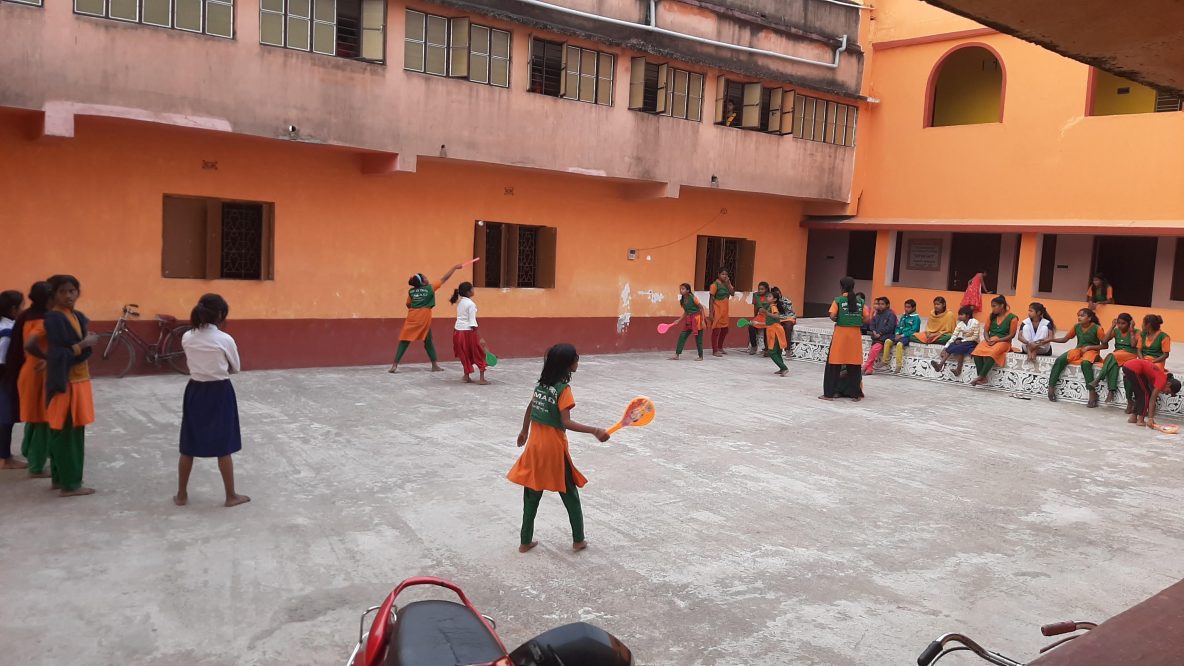
Comments 2
Hi there,
My name is Kanti / Connor, and I am currently a student in the United States, studying social work and nonprofit management. I’ll be visiting India soon, and I’m truly inspired by the impactful work you all are doing. I would love the opportunity to learn from and serve alongside your team.
I will be in India from late March through all of April.
Thank you and I look forward to hearing from you all!
Author
Hello Kanti – Thank you for your interest in Asha for Education! We are always happy to welcome enthusiastic individuals who are interested in volunteering with our organization. As a next step, please fill-out our New Volunteer Interest form (https://docs.google.com/forms/d/e/1FAIpQLScevqkRO77LyAIDDDMR0rcX06iVMEek1LPW1AxCBEGRGLLyAg/viewform), and we’ll get you connected to an Asha chapter near you or our virtual chapter!